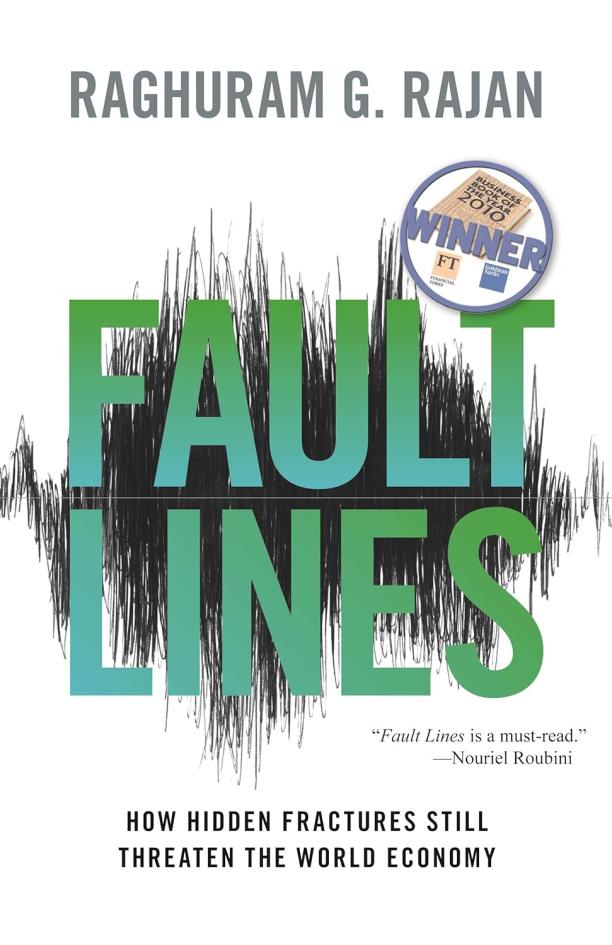Summary:
The book analyzes the underlying economic and social forces that led to the global financial crisis of 2008, focusing on systemic imbalances such as income inequality, trade deficits, and the roles of governments and financial institutions. It also offers insights into potential reforms and policy changes needed to stabilize the global economy and prevent future crises.
Key points:
1. Global Economy's Structural Issues: Rajan points out that the world economy has deep-rooted imbalances, like trade deficits and risky financial practices, which can cause crises if ignored.
Books similar to "Fault Lines":
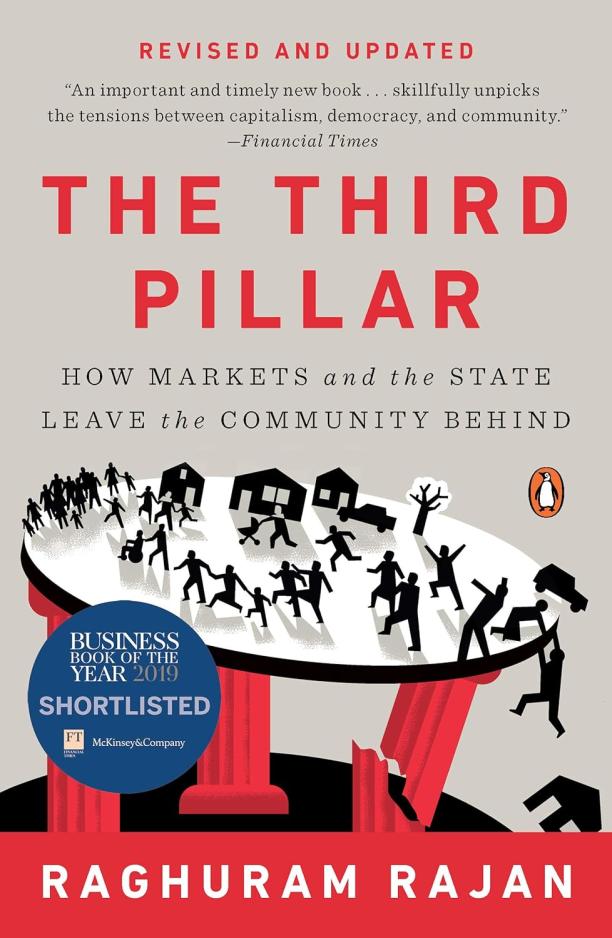
The Third Pillar
Raghuram Rajan
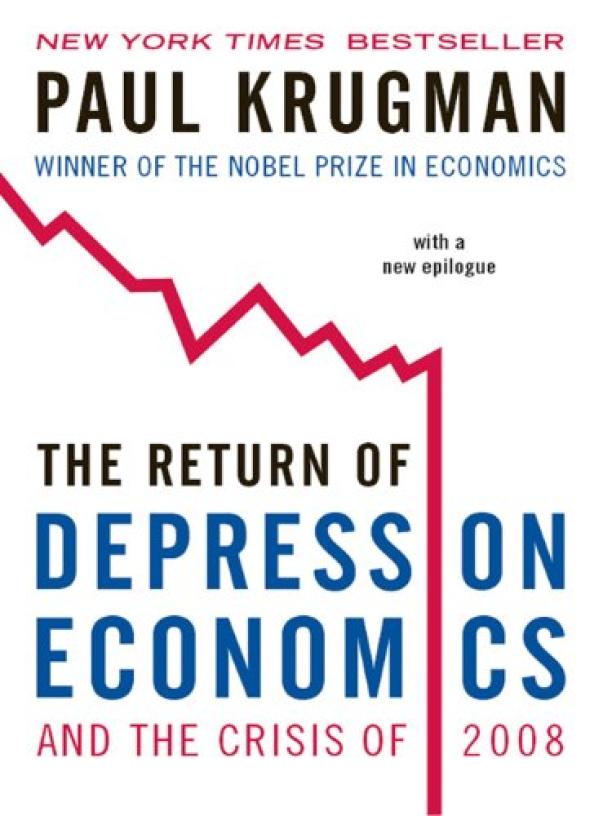
The Return of Depression Economics and the Crisis of 2008
Paul Krugman
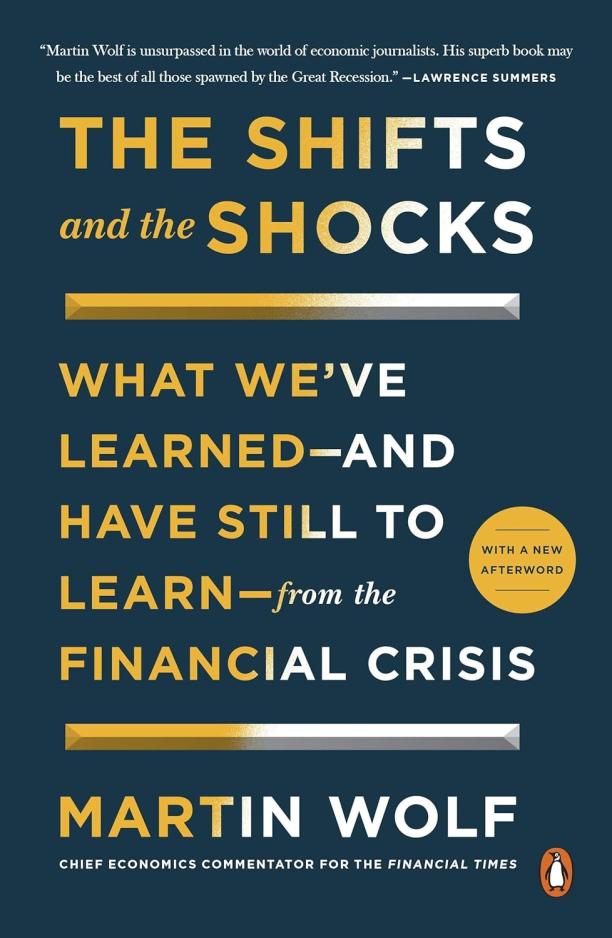
The Shifts and the Shocks
Martin Wolf
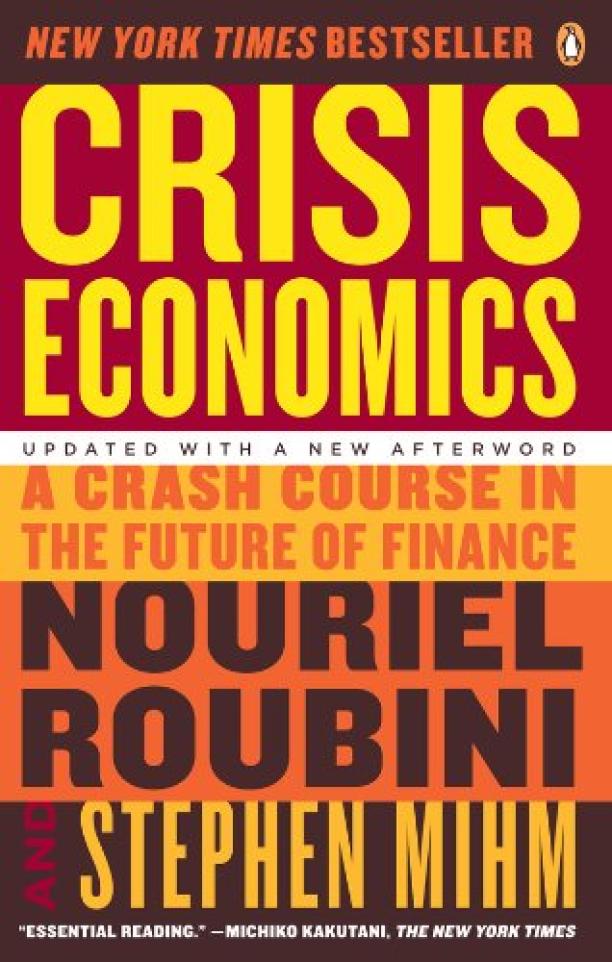
Crisis Economics
Nouriel Roubini|Stephen Mihm
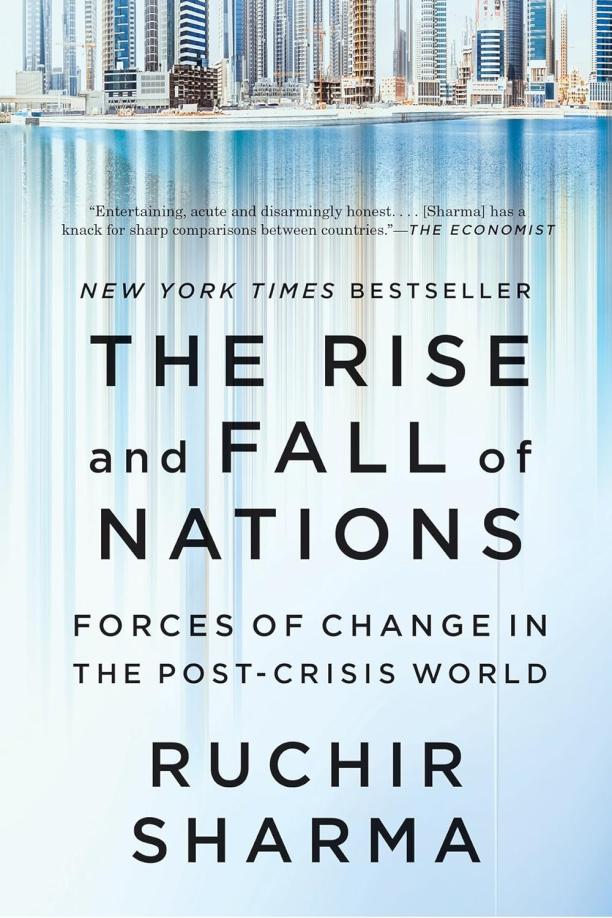
The Rise and Fall of Nations
Ruchir Sharma
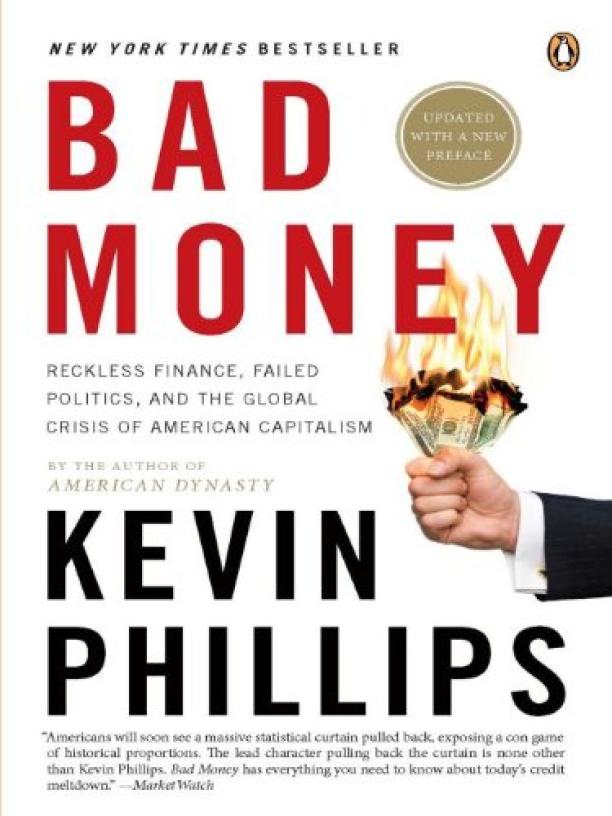
Bad Money
Kevin Phillips
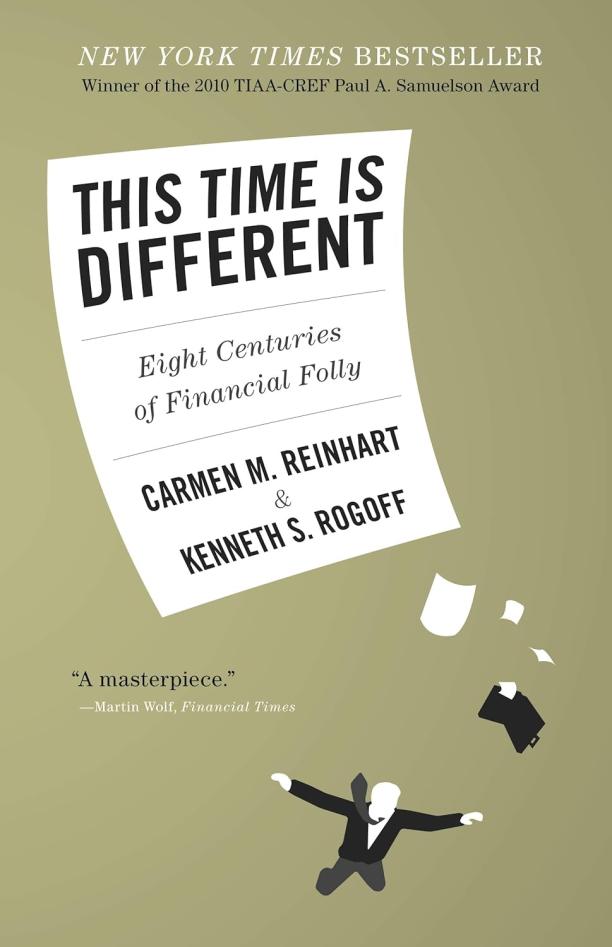
This Time Is Different
Carmen M. Reinhart|Kenneth S. Rogoff
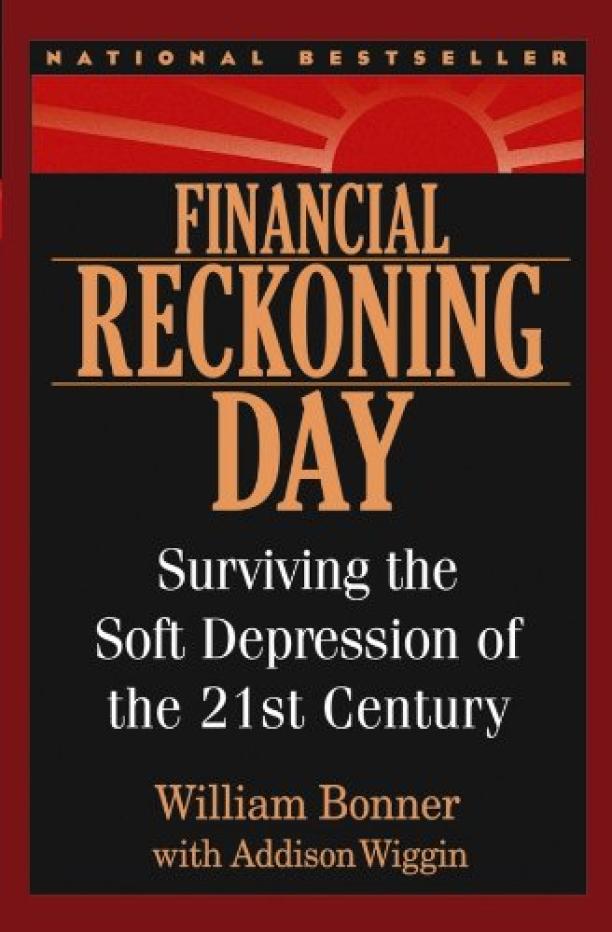
Financial Reckoning Day
William Bonner|Addison Wiggin
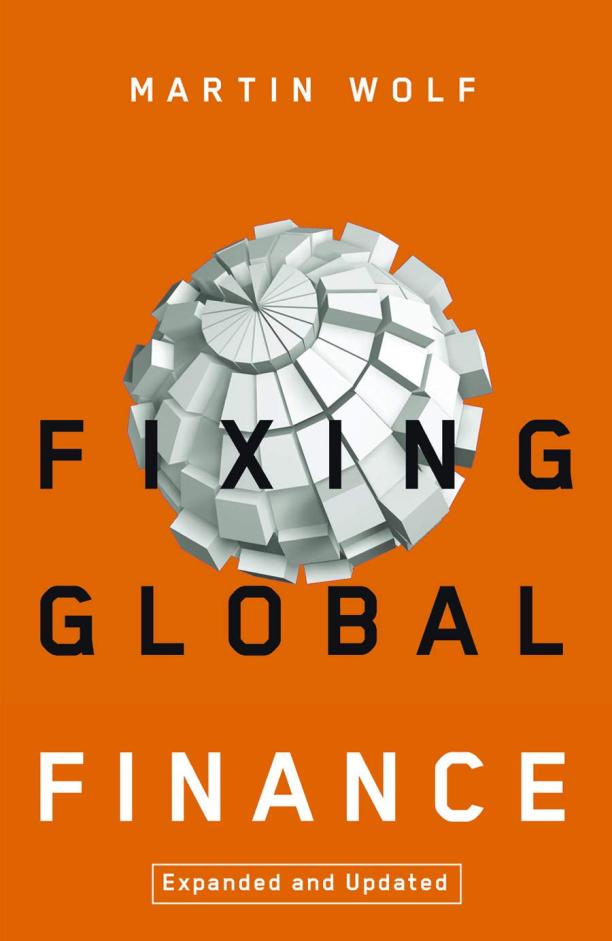
Fixing Global Finance
Martin Wolf
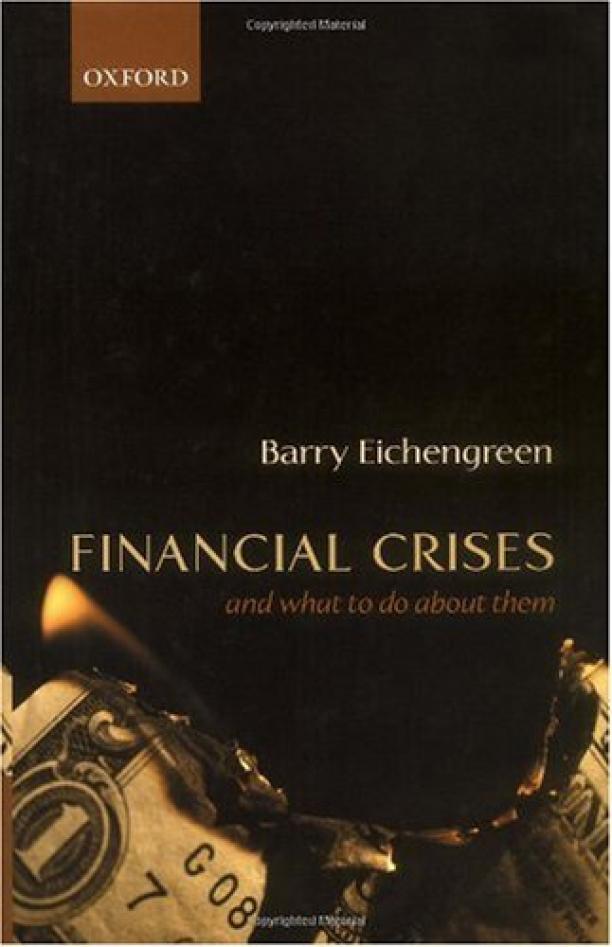
Financial Crises and What to Do About Them
Barry Eichengreen
